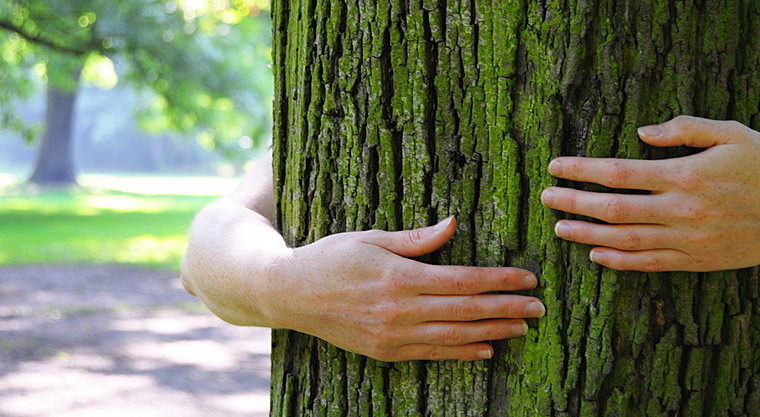
A rather miraculous thing has happened: all the politicians have turned green. In the past, such a statement would have meant “green with envy” or “green like money” or “turned green with disgust.” Today, however, it means “pro-environment.” At least, that’s how it sounds.
There was a time, not long ago, when being “green” was primarily the purview of the left. Variously called “hippies, tree-huggers, or Sierra Club types,” concern for the environment attracted a counter-culture audience opposed to the use of pesticides, logging of old-growth forests, destruction of habitat, and a wasteful throwaway society. Though these opinions were seen as being at the extreme of public views for quite a while, over time the basic common-sense idea that we all must live together responsibly on this small planet for a long time to come began to sink deeper into the public consciousness. What at one time was viewed as “radical” is now viewed as mainstream. Recycling is the most obvious example.
Though ideas move ever faster in this highly technological world, habits and long-held opinions are often slow to change. We are wedded to our views, and those views feed our lifestyle. Any idea that seems to have potential negative impact on our personal lifestyle immediately brings an oppositional response. In a materialistic world, this is the way it is. A threat to our habits, our enjoyments or entertainments is felt as a threat to our very selves. We are so identified with how we live that we confuse it with life itself, and become fiercely aggressive in defending our choices and views.
Ultimately, however, we all know that safe and healthy ways of living make sense. Whatever the excesses of our habits and lifestyles, the core sanity of our human experience draws us to that which is basically good. Wanting our water to be pure, our air to be clean, our food to be safe and our children to be healthy are positive aspirations, and if we want this for ourselves, we also understand that this would be best for all people. Though our habits are hard to change, over time good sense prevails, and what was seen as extreme becomes commonplace.
Though environmental aspirations are now “embraced” by both sides of the political spectrum, the implementation of policies that reflect those aspirations will still be subject to struggle and controversy. The forces of materialism run strongly in opposition to many environmental goals, but over time, the basic sanity of a healthy, sustainable world will prevail. Yet, there are many politicians who though voicing support for the environment, are reluctant to make government an agent of change. Such opposition to a shift in public policy and environmental law risks doing too little too late; global warming may be the most glaring example.
Nonetheless, I am heartened to hear the politicians of all political stripes sound green, even if it is just to satisfy the ever more environmentally concerned voter. It is a positive sign of basic sanity. I look forward to the day when their actions match the rhetoric, and hope it does not arrive too late.